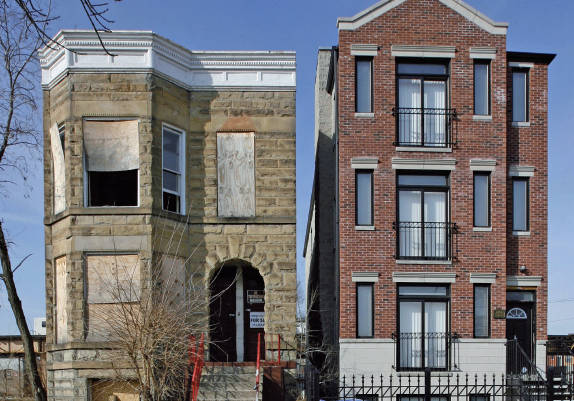Introduction
9
Speculating about Causes
As children, we predictably ask “Why?” when we notice something new, unusual, or puzzling. This quest for answers inspires scientific inquiry, which can fully and satisfactorily explain the causes of many things. But for other subjects, the cause—or, more likely, causes—are uncertain and may never be known conclusively. For such subjects, it is helpful to think of speculating about causes as a special kind of argument that analyzes the evidence for a cause to determine whether it is likely to play an important—perhaps surprising—role in bringing about the effect.

IN COLLEGE COURSES
For a first-year seminar on the environment, a student prepares a research project speculating about what is causing coral reefs to die off. She includes photographs and cites a 2011 study that shows that six hundred square miles of reef have disappeared every year since the late 1960s. She argues that overfishing, runoff from agriculture, and damage from shipping are all contributing factors, but that rising ocean temperatures and increasing carbon dioxide in the atmosphere are more significant factors, apparently caused by climate change. She concedes that some scientists question whether climate change is severe enough to have been responsible for these changes; however, she concludes that rising temperatures and increasing carbon dioxide levels are factors worth studying in greater detail.

IN THE COMMUNITY
In an op-ed for a community newspaper, the captain of a neighborhood watch committee speculates on the causes of the neighborhood’s deterioration. He has heard of the “broken windows” effect, the claim that small things like not fixing broken windows or cleaning up graffiti have a snowball effect that accelerates the deterioration of neighborhoods. His research shows that most political scientists and sociologists report a statistical correlation but no definitive cause-effect relationship between things like unrepaired windows and serious crime, so in his op-ed, he is careful not to overstate his claim. But he argues, based on his research and his own long experience in the neighborhood, that letting individual homes deteriorate has a negative effect on the neighborhood. He concludes that it is therefore especially important for neighbors to join together to clean up their block.

IN THE WORKPLACE
After an incident in which her twelve-year-old son is disciplined by a teacher, a science reporter comes up with an idea for an article speculating on the reasons for intolerance of “boyish behavior” in school. After getting the go-ahead from her editor, she reviews recent research in sociological and medical journals, in which she reads that boys are being diagnosed with various behavioral disorders at a far higher rate than girls. She conjectures that adults attempt to stamp out shouting, roughhousing, and other signs of aggression in boys for several reasons: because of concern about bullying; because boys’ behavior is perceived as disruptive, especially in group-oriented classrooms; and because boys’ fidgeting at their desks is seen as a threat to their eventual success in an economy that increasingly values sitting still and concentrating for seven or more hours a day.
In this chapter, we ask you to choose a subject that does not have a single, definitive cause that everyone accepts as fact, and then to argue that one (or more than one) cause is the most plausible culprit, providing reasons and evidence to support your claim. Analyzing the reading selections that follow will help you learn how to develop your own causal analysis. The Guide to Writing later in the chapter will show you ways to use the basic features of the genre to compose an original, thought-provoking causal argument.